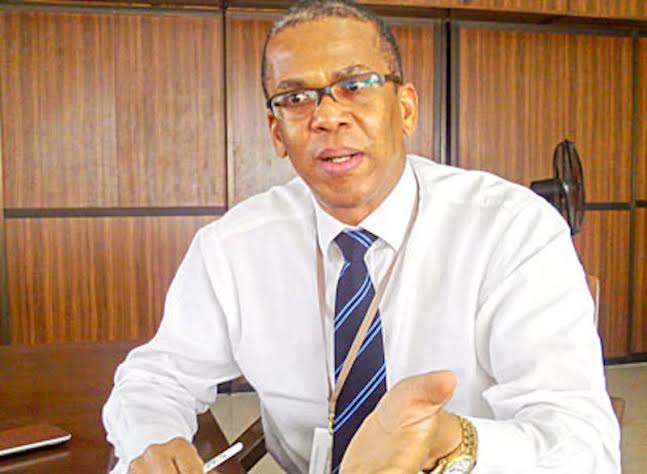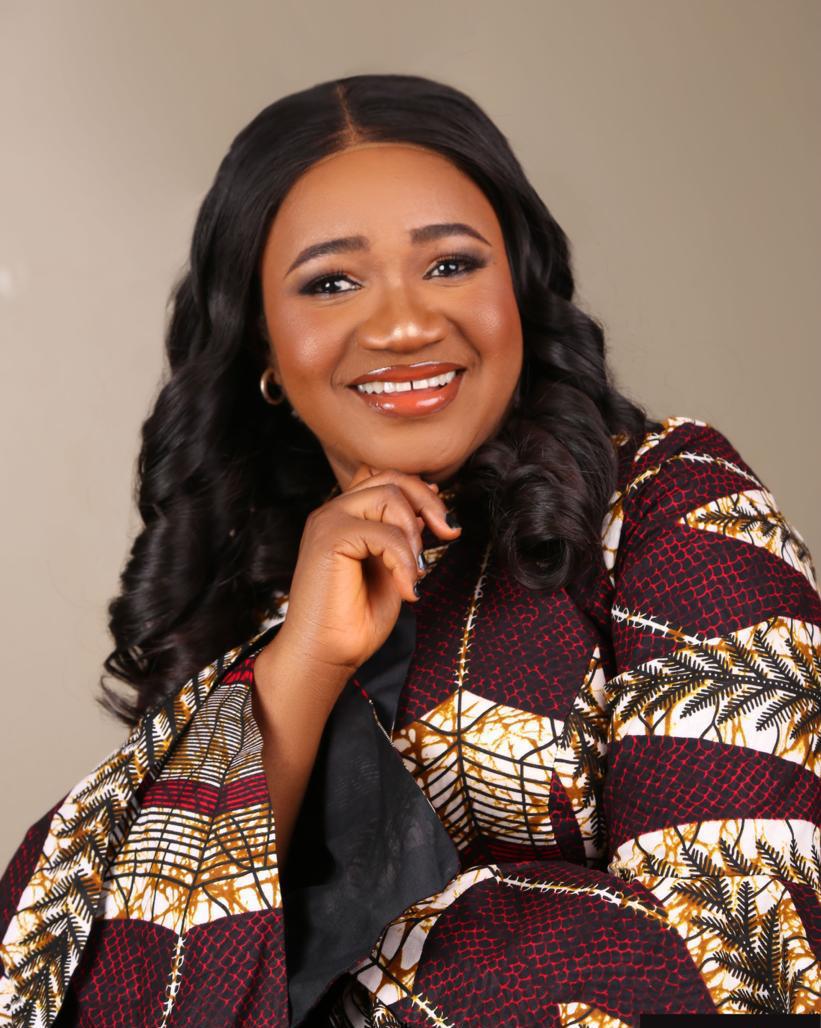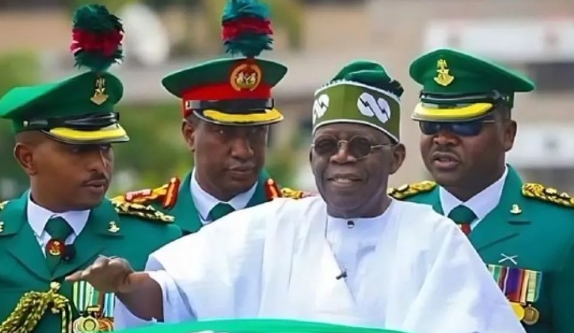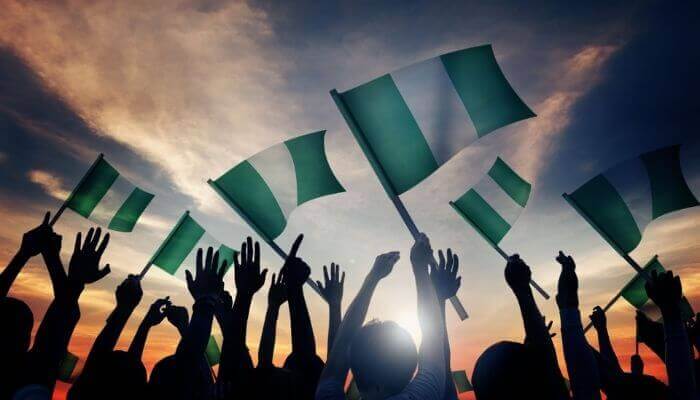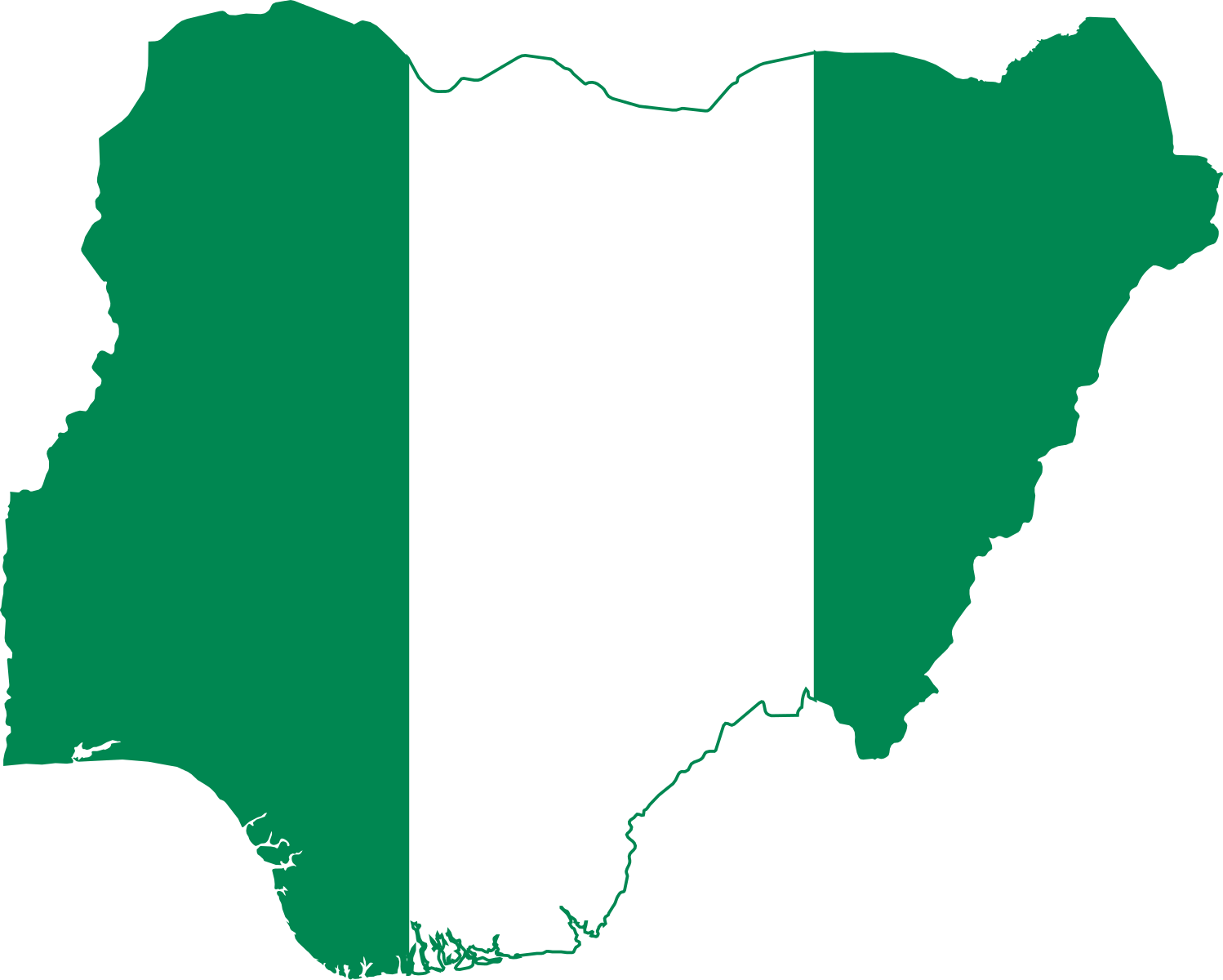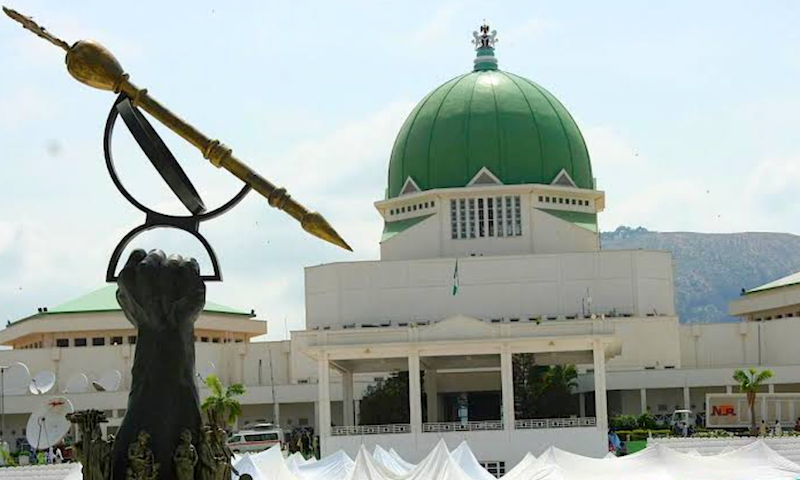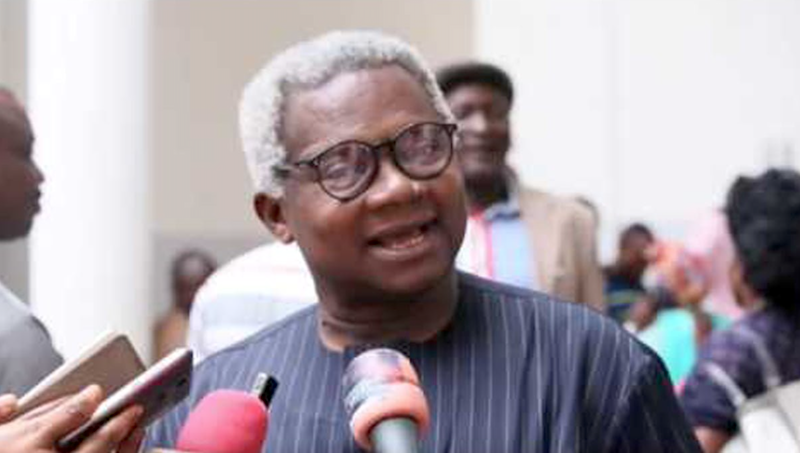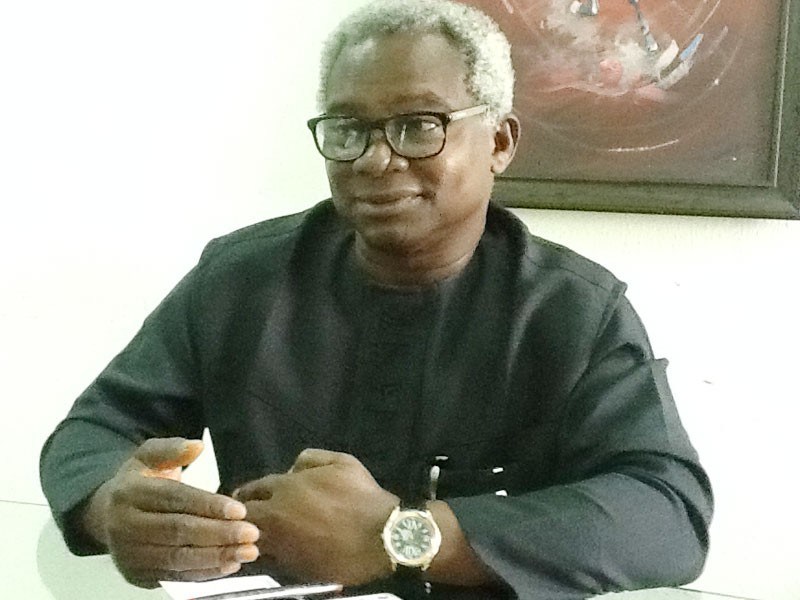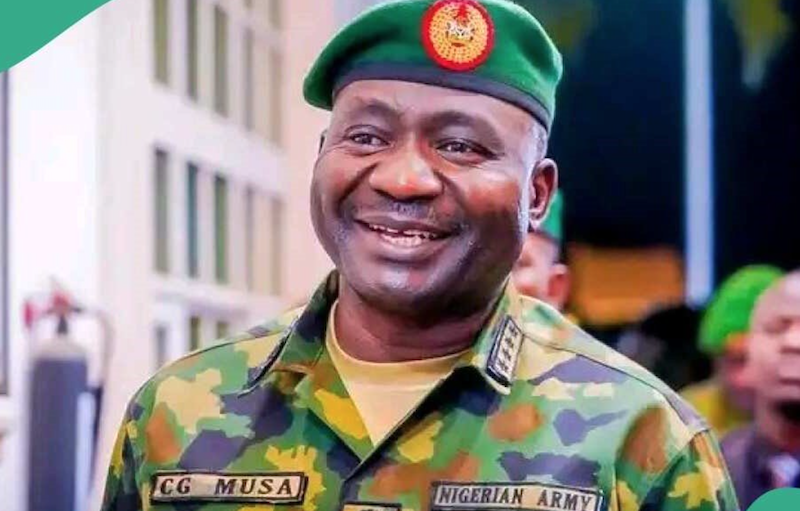“Two cheers for Democracy: one because it admits variety and two because it permits criticism. Two cheers are quite enough:there is no occasion to give three” – EM Foster, British novelist, essayist and social critic.
The palpable joy of Nigerians at the ushering of democracy in 1999 is like the joy experienced by the father of the prodigal son in the Christian bible as recorded in Luke 15:31-32 thus : “And he (the father) said to him ,son ,you are always with me ,and all that is mine is yours .It was fitting to celebrate and be glad ,for this your brother was dead ,and is alive ;he was lost ,and is found”.
Most Nigerians where in that celebration mood ,as was the father of the prodigal son who was in the moon that his son who left with his wealth to go and squander ,was alive and not death as thought. Nigerians where happy that a “Democracy that was dead ” due to military interruption was alive again. Citizens were elated that “Democracy that was lost” had returned on May 29,1999. To many just like the father of the prodigal son ,it was fitting to celebrate and be glad that “Democracy that was lost” was later found.
This writer was caught up in the euphoria of “celebrating a Democracy that was lost but found” prompting one to share the singular honour of writing the news talk with the title “Nigeria a date with history “on the state Imo broadcasting corporation (IBC) which was read after the news through out the day. It was ones way of demonstrating one’s belief in democracy which was in abeyance in our country for many years . Last month,29 May 2024 marked exactly 25 years of that day which will stand in ecstasy in annals of history.
The 25 years journey with the swearing in of Chief Olusegun Obasanjo who ran on the platform of People’s Democratic party (PDP) as president, a historical feat that made him share the experience of history of prison to presidency with the late legend, Dr Nelson Mandela, of South Africa. He floored his kinsman the celebrated economist ,Chief Olu Falae ,who ran the presidential race under the APP/AD joint ticket.
For most political watchers ,Chief Obasanjo did not disappoint in hitting the ground running ,as he was not a neophyte in governance ,having been previously a military head of State . He nominated his ministers in good time,who were mostly technocrats and politicians with leadership abilities. The likes of Nasiru El Rufai , Dr Oby Ezekwesili ,Dr Ngozi Okonjo Iweala ,to mention a few ,took their ministerial duty as a national assignment ,in which they must bring their imprimatur of excellence to bare on.
We saw Chief Obasanjo embarking in image laundry visits around the world after the country was treated as a pariah nation ,as a result of long military rule,with battered human right records . It must be noted that the visits which at a time was considered too much and a waste of resources by a number of social critics ,ended up attracting friends for Nigeria,as most world leaders reciprocated the gesture by paying visit to Nigeria.
As Chief Obasanjo was busy with international investment drives and restoring the image of Nigeria that was thrown unto the mud ,he positioned the Vice president, Alhaji Atiku Abubakar to be incharge of running the economy. With Alhaji Atiku Abubakar business background, a lot of organisations were privatised for optimal performance, and the gate opened for private businesses to thrive with policies that were friendly.
We equally saw the star ministers demonstrating their core competences in their different ministries . A man like Mallam Nasiru El Rufai ,who was given the minister of federal capital Territory (FCT) like Julius Ceasar ,came ,saw ,and conquered in that important ministry. He restored the master plan of Abuja ,not minding whose ox was gored in the process ,as the federal capital under his watch became a reference for excellence around the world . He did well in that ministry that most people desired that he stayed longer.
Dr Ngozi Okonjo Iweala ,who left a plum job at the World Bank to serve her fatherland ,left many in awe with the wonderful way she piloted the economy, as finance minister and coordinating minister of the economy. The economy under her watch was not under dire strait as we have it today, as she had the midas touch . She led the debt forgiveness campaign that saw a huge chunk of our debts cancelled by the Paris club and Bretton woods , a historical feat that puts her ahead of her peers.
The government also created an anti corruption agency, Economic and financial crime commission(EFCC) with the corruption Czar , the fearless Mallam Nuhu Ribadu as the pioneer chairman. The agency with an effective Chairman, took the corruption fight to its apogee, as it60 went after serving governors and all those who made enterprise from looting the national treasury.
Under Chief k60 Obasanjos administration, the nation witnessed both motion and movement in terms of governance ,but then it was an administration that was not without drawbacks.
Under Chief Obasanjos administration, Nigerians witnessed interferences on another arm of government, the legislature. The senate for example, had a situation whereby senate presidents were impeached regularly, with accusing fingers pointed at the presidency . Evan Enwerem , Adolfus Wabara and Dr Chuba Okadigbo ,all were brought down by the banana peels planted by the executive. The situation led to the national assembly existing at the mercy of the executive.
There was also political fight between Alhaji Atiku Abubakar the vice president and his principal that led to the matter taken to the court ,when Chief Obasanjo wanted to remove the vice president then from office ,for aspiring to contest for the presidency in another party. The frosty relationship between the then president and his Vice later in their administration created tension that created schism in the government, as some people in government, where loyal to the president, while some where loyal to the Vice president.
The political impunity that played out in Anambra State, where Chief Chris Uba led a group in the ruling party in the state that made governance for Dr Chris Ngige an uphill task. The macabre dance which most people believe had the backing of the presidency ,was in bad taste to many. The situation infuriated the literary legend, professor Chinua Achebe that he had to reject the award of Commader of the federal Republic (CFR) which the government of Chief Olusegun Obasanjo bestowed on him.
An excerpt of Professor Achebes rejection letter reads thus: “A small clique of renegades ,openly boasting its connections in high places ,seems determined to turn my homeland into a bankrupt and lawless fiefdom “. For Professor Achebe to speak out from his United States base as of then speaks volumes of the level of political rascality that took place under Chief Obasanjos presidency.
The attack on Odi on 20,November 1999,by the Nigerian Army, reportedly acting on the orders of the Commander in chief, Chief Olusegun Obasanjo also stands as a minus . The attack was in a response to the killing of 12 policemen and an ambush of soldiers by a militia that used Odi as a cover.
Let us leave Chief Obasanjos administration, and take a cursory look of Alhaji Musa Yardua ,the former Kastsina state governor, who later became president. He was a man with great moral high ground ,and came to the presidency with it. The first thing he did after coming to power ,was to acknowledge that the election that brought him to power was highly flawed ,and quickly set up the justice Uwais panel to look into how the electoral system could be strengthened.
Umaru Musa presidency also restored peace in the volatile Niger Delta region that was a theatre of war between the Niger Delta militants and the the Nigerian state. He granted amnesty to the militants and initiated programmes to take care of the militants. In doing that he saved Nigeria from the huge financial loss that was recorded on a daily basis when the militants engaged the Nigerian state .
The administration of Musa Yardua as short as it was ,gave Nigeria hope of a purposeful leadership ,until his unfortunate demise.
One drawback of that administration was the hijack of it by the cabals who took advantage of the president ill-health to have their way. A member of that cabal ,at a time said that the president can rule from anywhere ,at a time there was what looked like a vacuum when the president traveled for medicals and stayed longer.
After Musa Yardua ,came Dr Goodluck Jonathan, who succeeded him .Dr Jonathan continued with the philosophies of his late boss ,as he continued with most of his policies . He operated an administration that was tolerant to criticisms ,which the British novelist and social critic, EM Forster referred as to one one other cheering thing about democracy.
A major drawback of the administration, was the boldness of bandits under his administration, thereby wrecking security of lives and properties. Churches were burnt ,citizens kidnapped,etc. The Chibok abduction remained a sore point of the level of the security decay under his watch .
The administration that followed, was not equally strong on security even when the president was a former military head of State. President Muhammad Buhari was there when Dapchi abduction happened,and so many others ,without noticeable containment of the ravaging bandits .
Nigeria who taught the body language of the president would repel corruption was later to be proved wrong ,as what his aids did with public funds are now public knowledge.
His administration also had positives ,as it cared a bit for those on the lowest ladder of the society by introducing the conditional cash transfer to such people, even though such monies later ended up in the pockets of those who are fixated about public funds . He refused to impose his preferred candidate on his party, by allowing the party to sort that out.
With the exit of president Buharis administration, is the present government ,with president Ahmed Bola Tinubu calling the shots. The administration started with the removal of fuel subsidy, with no practical plan to cushion the effects of such action. The action have seen the people sunk into poverty never witnessed in the country. Tax tarrifs everywhere ,suffocating the masses . While the administration is tinkering with a lot of policies to jump-start a comatose economy, it appears not to be translating into results ,as people are still in dire economic straits . Political analysts are still watching to see how this present administration finishes at the end of their first term.
Overall, looting of public treasury by political office holders have continued to rear its ugly head. The primitive accumulation of wealth which a renowned professor of political economy, Claude Ake once condemned in our country has become an irresistible desire of politicians . We no longer have politicians that wants to live like Late Dr Julius Nyerenre, Dr Nelson Mandela, Malam Aminu Kano, etc ,who were not interested in material things ,but serving humanity.
This 25 years of democracy, have equally seen the mismanagement of the economy ,as the country has been struggling from one economic challenge to the other. Under 25 years of democracy our country has been listed as the poverty capital of the world ,even when the country is highly endowed.
Under 25 years of democracy, we are still to conduct elections that is free of manipulations ,as every election in Nigeria at every level has been contested hotly at the courts by aggrieved political opponents.
The last hope of the common man ,the judiciary under 25 years of our democracy, has lost its prestige ,with allegation of corruption flying all over the places . The legislature also have not fared better ,as citizens see them ,as not representing them well ,but their pockets .
The misgivings of Nigerians on the activities of the major players of our democracy in the last 25 years ,cannot be catalogued in one write -up or even a book as it is numerous .
While acknowledging the imperfections of our Democratic journey, it still remains the way to go ,but as we move towards 50 years of democracy, it behoves much on our leaders and followership to get their acts right ,as we cannot afford another 25 years of wasted democracy.
Dr Uche Akunebu is the Head of poets of the world (Poets del mundo) and the Editor of African book series of the international human rights arts Festival based in New York.
